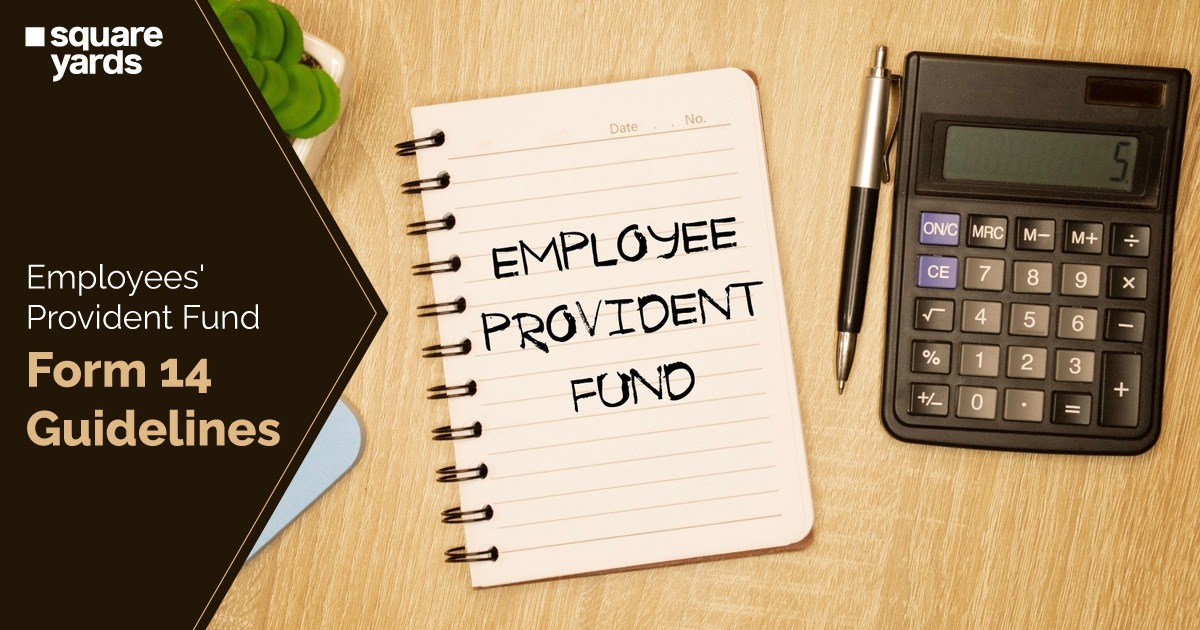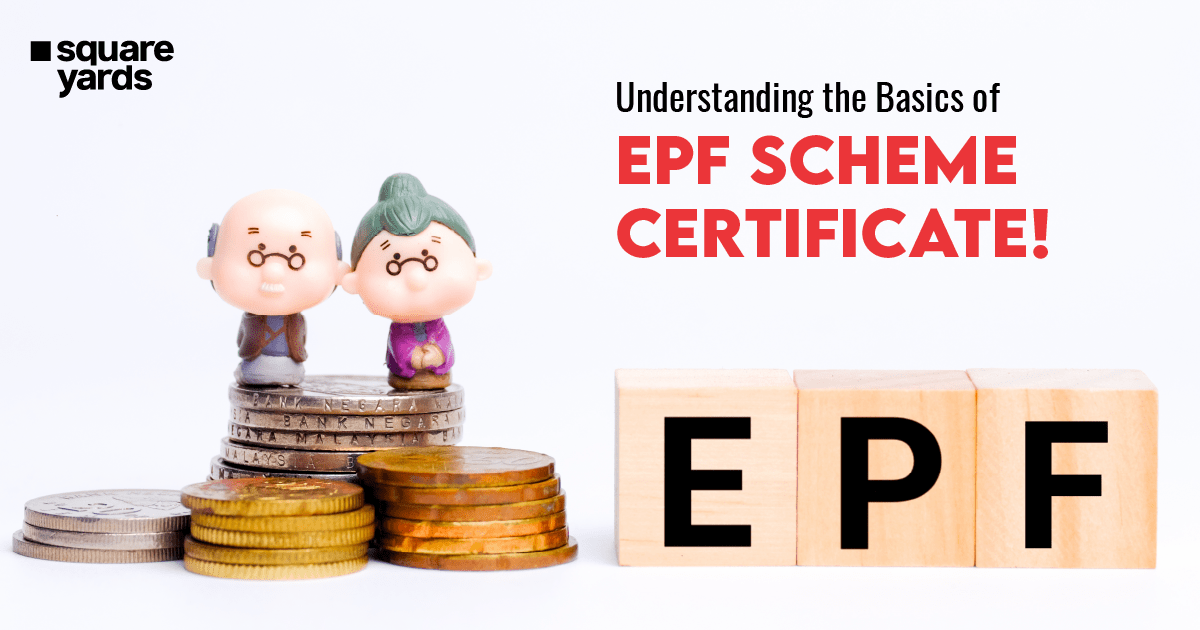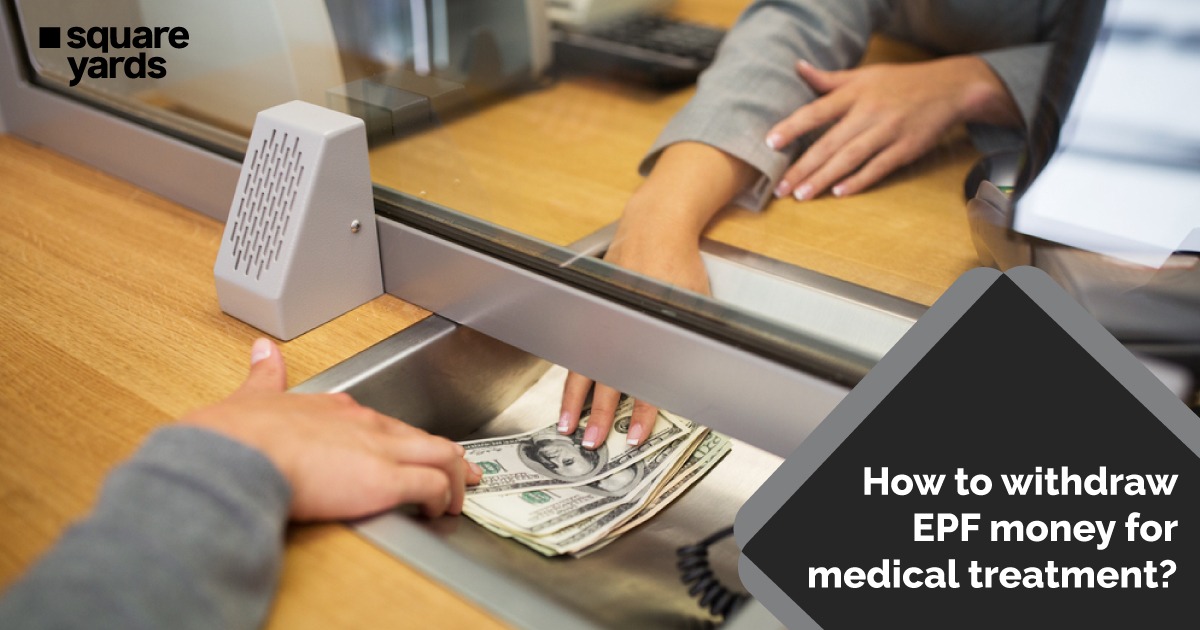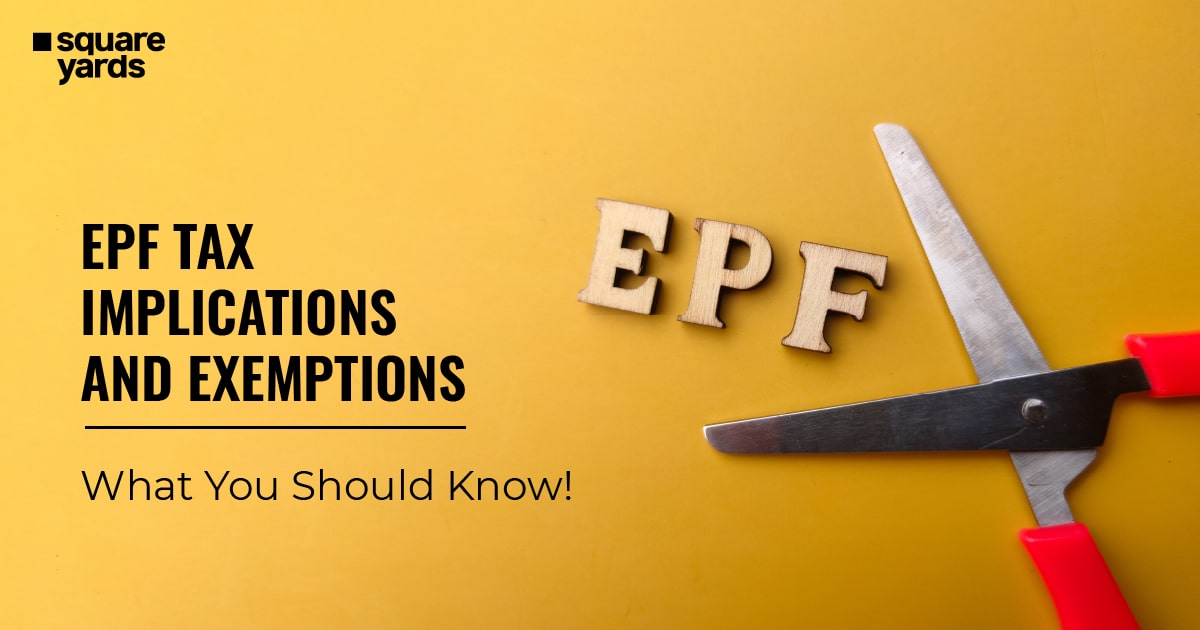Are you skeptical about what does gratuity in salary mean? Stop juggling and continue reading this blog. It will help you understand the notion of gratuity in the most comprehensive yet simplified way.
In this piece of content, we have covered gratuity meaning, the importance of last drawn salary for gratuity, salary gratuity calculation in CTC, eligibility, formula, tax, tax exemptions, and more. We suggest you don’t miss any part or you will miss out on the significant part of the topic.
Let us start with the gratuity meaning in salary!
What is Gratuity in Salary?
Gratuity in Salary is a token of appreciation or the amount that employers give their employees for their continuous service in their organization. The gratuity is mandatory under the Payment of Gratuity Act, 1972.
It is one of the various components that constitute the total gross salary of an employee. However, to receive this gratitude money, an employee must serve at least five years in the company. Otherwise, he or she won’t be eligible for the same.
You might ask- if there’s any gratuity deduction from salary? Well, a few employers represent it as a gratuity deduction on the salary break-up document. Typically, the gratuity percentage of basic salary is 4.8 that is deducted.
Gratuity Eligibility Criteria
The applicant must satisfy the following eligibility criteria to receive the gratuity amount:
- The applicant must have retired from the service.
- He/she should be qualified for superannuation.
- The applicant must have resigned after serving the company for continuously five years.
- In case of sickness or disablement due to an accident, the applicant will get the amount of gratuity.
- In case the applicant dies, the nominee will get the gratuity money.
Gratuity Calculation Formula
There are three situations in which you will need to find the gratuity amount. They are as follows:
# Case 1: In Case the Employer is Covered under the Gratuity Act
The formula for calculating the gratuity amount for employees whose employers fall under the Gratuity Act would be:
Gratuity = n x b x 15 / 26
Where n = numbers of years you served in the organization
b = last drawn basic salary + dearness allowance
For instance, you served a company for 15 years. The last salary that you drew including the dearness allowance was ₹ 70,000.
Therefore, the gratuity amount = 15 x 70,000 x 15/26 = ₹ 6,05,769.
# Case 2: Calculation of Gratuity for the Employees Who aren’t Covered under the Gratuity Act
In this case, the gratuity amount will be calculated based on the half-month salary on every year of service you have spent in the organization. The formula for the same can be expressed as follows:
Gratuity = (15 x Your last drawn salary x the working tenure) / 30.
For instance, you get a basic salary of ₹ 70,000. You have offered a consistent service of 10 years and the employer doesn’t fall under the Gratuity Act. Hence,
Gratuity Payment = (15 x 40,000 x 10) / 30 = ₹ 2,00,000.
# Case 3: Calculation of Gratuity in Case of Death of an Employee
The gratuity will remain the same as in the 1st case, i.e.,
Gartuity = n x b x 15 / 26
Where n = numbers of years you served in the organization
b = last drawn basic salary + dearness allowance
For instance, the deceased served a company for 15 years. The last salary that he/she drew including the dearness allowance was ₹ 70,000.
Therefore, the gratuity amount = 15 x 70,000 x 15/26 = ₹ 6,05,769.
Latest Updates on Gratuity
October 20, 2021: The Department of Pension and Pensioners Welfare issued an Office Memorandum stating that if a government employee dies at official duty, the family members of that staff will be eligible to get a payment of ex-gratia lump-sum compensation.
October 18, 2021: The Rajasthan government will pay a gratuity amount of ₹ 476 crores to road transport employees.
July 21, 2021: As per the Payment of Gratuity Act, 1972, an employee must make a nomination within thirty days of the completion of one year of service at the organization.
Tax on Gratuity
The tax applicable on the gratuity amount will depend significantly on the type of employee getting it. There are as follows:
- Any government employee including local authority, state, and central, receiving the amount will be exempted from the income tax.
- Any qualified employee from a private company whose employer is covered under the said Act of the following categories will be exempted from paying tax.
- ₹ 20 lakhs,
- The eligible amount of gratuity, and
- The actual amount of gratuity earned.
Tax Exemptions on Gratuity
According to recent amendments of the Gratuity Act, the most succinct of the following will get the tax exemption:
- The actual gratuity earned;
- The last salary (basic + DA) x number of years of service to the company x 15/26;
- ₹ 20 lakhs (which has been extended from ₹ 10 lakh as per the new amendment).
To have a better understanding of the same, let us consider an example.
Suppose that Neha’s last drawn salary is ₹ 4.5 lakh per month, including the basic salary as well as the dearness allowance. She served the company for 6 years 9 months. Hence, she will be eligible to get a gratuity fund of ₹ 18,17,307.
As per the new amendment, she doesn’t have to pay any tax. Let us understand the tax exemption better with the table below:
| Particulars | Earlier | After Amendment |
| Last drawn salary (basic + dearness allowance) | ₹ 3.5 Lakh | ₹ 3.5 Lakh |
| Number of Years | 7 (round-off) | 7 (round-off) |
| Gratuity | 4,50,000*7*15/26 = ₹ 18,17,307. | 4,50,000*7*15/26 = ₹ 18,17,307. |
| Maximum exemption allowed | 10 lakhs | 20 lakhs |
| Actual Gratuity Received | 18 lakh | 18 lakh |
| Amount of exemption (least of the above) | 10 lakh | 18 lakh |
| Taxable gratuity | ₹8,17,307 | – |
Note:
- Round-off the number of years of services or the tenure to the nearest number possible.
- Consider the average salary of the previous ten months.
Gratuity Rules
Rules related to gratuity are as follows:
- According to Act, if a company has ten or more than ten workforces, the employer will have to pay the gratuity amount to its employees.
- In order to be eligible for receiving the gratuity, the employee must complete at least five years of consistent service with the organization.
- An employee is eligible to receive the gratuity in the following cases:
- Resignation
- Retirement
- Disablement due to a disease or accident
- Demise
- Termination
- VRS
- Lay off because of retrenchment.
- The calculation of gratuity utterly depends on the employee’s last basic salary drawn plus the dearness allowance.
- The gratuity of a terminated employee can be forfeited in case he has committed an offense involving moral turpitude or disorderly or riotous conduct or any other violent act.
- Employers are obligated to pay gratuity to their employees even if they have gone bankrupt.
- A gratuity of up to ₹ 20 lakh is exempted from taxation.
- Income tax applicability on the gratuity amount differs for different types of organizations (already described in the above section)
- Gratuity paid to the legal heir or widow of an employee will be eligible for tax exemption.
- The ₹ 20 Lakh threshold for tax exemption is for cumulative gratuity received. For instance, Akshat worked in an organization for 20 years and received a gratuity amount of ₹ 18 lakh. He joined another company, and after six years of his service, he received a gratuity of ₹ 3 lakhs. The total gratuity money he received sums to ₹ 21 lakhs. Therefore, according to the new amendment, he is supposed to pay ₹ 1 lakh as a tax to the government.
Forfeiture of Gratuity
As per Section 4 (6) of the Act, an employer can forfeit gratuity payable to its employee in specific cases. According to the said provision:
- If the employee has been terminated for any willful negligence or omission, or act causing any loss or damage to, or destruction of, property of the employer, the gratuity of an employee shall be forfeited to the level of the loss or damage so incurred;
- If an employee is terminated for his disorderly or riotous conduct or any other act of violence on his behalf, his gratuity shall be forfeited.
- The employee’s gratuity shall be forfeited if the employee is fired for any act which comprises an offense comprising moral vileness, given that such offense is committed by him during his tenure.
Timeline for Gratuity Payment
According to the government norms, an employer must release the gratuity amount within 30 days from the full and final settlement date of the employee. However, if the employer makes any delay in the payment, it will pay interest on the gratuity amount from the due date until the date of the actual payment.
Frequently Asked Questions (FAQ)
How is gratuity calculated in salary?
To calculate gratuity in salary, follow the following formula:
Gratuity = (15 * your last drawn salary * tenure of working) / 26.
The equation will revert you with an answer that would be the total gratuity amount you will receive.
How much is gratuity after 5 years?
Your gratuity after 4 years will be calculated from the formula described below:
Gratuity in 5 years = n*b*15/26
Where n = numbers of years of service to the company, b = last drawn basic salary plus the dearness allowance.
Is gratuity deducted from salary?
Usually, 4.81% of your basic plus dearness allowance following gratuity payment is deducted by companies. Some employers mention it as a gratuity deduction on your salary break-up document.
Companies usually deduct 4.81% of your basic plus dearness allowance towards gratuity payment. This 4.81% is computed as (15/26)/12. Effectively, it is half a month’s salary on a base of a year’s salary.”
What kind of employees does the Gratuity Act, 1972 cover?
The Gratuity Act, 1972 includes employees engaged in plantations, factories, oilfields, mines, railway companies, ports, shops, and other establishments having 10 or more employees.
I am a contract employee in a company. Will I get gratuity if I resign or retire after 5 years?
As per the Gratuity Act, the gratuity in the case of the seasonal establishment will be paid at the rate of seven days’ wages for each season. It doesn’t affect the employee’s right to get better terms of gratuity under contract or any award or agreement with the employer.
If I resign from a company after 4.5 years of service, am I eligible for gratuity?
No, you won’t be eligible for gratuity in such a case. You must complete 5 years of service to be eligible for gratuity.
Nevertheless, as per Madras High Court, if you have completed 240 days in the fifth year of your service, you will be eligible for gratuity.
























































